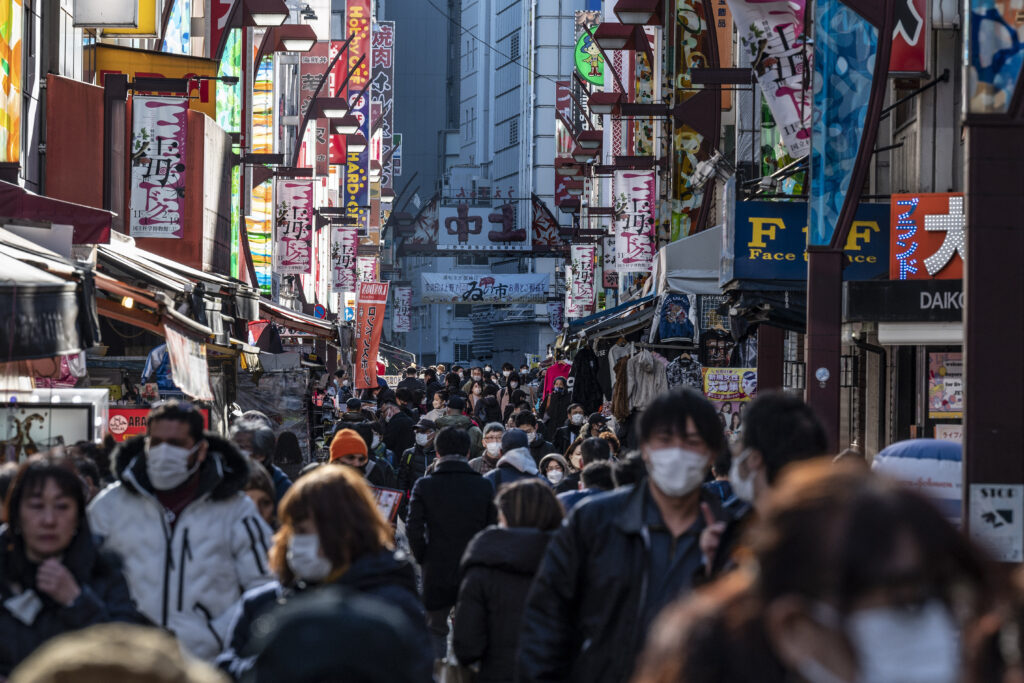
- ARAB NEWS
- 01 Aug 2025

TOKYO: Japan’s consumer inflation picked up for the first time in three months in November on the back of rising utility fees and rice prices, the internal affairs ministry said Friday.
The core consumer price index, which excludes volatile fresh food prices, rose 2.7 percent in November from a year before to 109.2 against the 2020 base of 100, following a 2.3 percent rise in October, growing for the 39th consecutive month.
Electricity prices climbed 9.9 percent, bigger than a 4.0 percent increase in October, while city gas bills were up 6.4 percent against the previous month’s 1.8 percent rise. The increases came as the Japanese government reduced subsidies.
Prices for food excluding fresh food rose 4.2 percent. Rice prices surged 63.6 percent, the biggest-ever increase since comparable data became available in 1971, because of higher production costs.
Higher rice prices led to a 7.2 percent rise in prices for “onigiri” rice balls and a 4.3 percent climb in sushi prices.
Surging raw material costs sent chocolate prices soaring 29.2 percent, the biggest rise since February 1975.
Prices for coffee beans jumped 24.9 percent, the biggest increase since comparable data became available in 1986, due to a drop in shipments caused by bad weather in Brazil, a major coffee producer.
The overall CPI, which includes fresh food prices, grew 2.9 percent. Excluding fresh food and energy prices, the index rose 2.4 percent.
JIJI Press